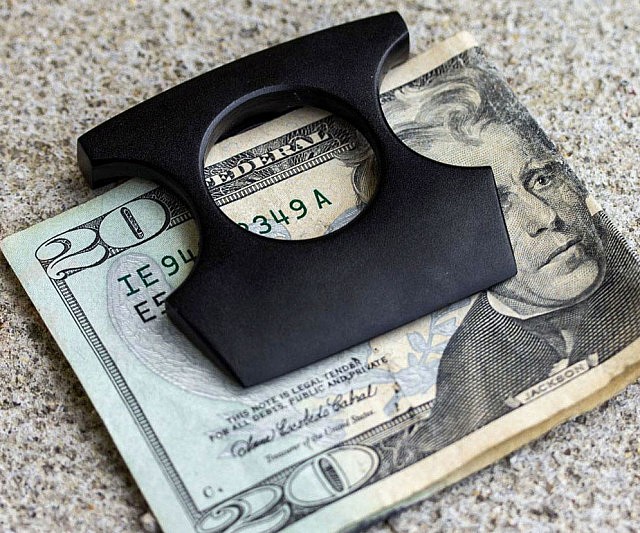Betting companies evade tax
Many betting shops in Harare are transacting in foreign currency, but issuing all receipts in Zimbabwe dollars, which is legally a tax fraud.
Most of these betting shops have been remitting all their taxes in local currency and retaining foreign currency, although some say they separate the revenue streams later when calculating their taxes and only use single currency receipting because of software issues.
Government has authorised the pricing of goods and services in both local and foreign currency, with businesses obliged to use the ruling auction rate for the conversions and to pay taxes on each currency revenue stream in that currency.
Remitting tax in local currency after receiving payment in United States dollars is fraud.
This rule applies to all taxes, meaning value added tax (VAT) in particular, has to be accounted for separately for each currency used in sales.
Tax inspectors require receipts that indicate the currency of the transaction for business to pay appropriate taxes in the same currency.
A recent investigation by The Herald shows that a number of registered betting shops in Harare’s city centre are accepting foreign currency, especially US dollars, but issuing receipts denominated in Zimbabwe dollars.
Whether a customer tenders cash in local or foreign currency, the money is receipted in local currency.
Zimbabwe Revenue Authority (Zimra) spokesperson Mr Francis Chimanda confirmed that some betting businesses were not remitting any tax in foreign currency.
“Zimra wants to acknowledge information on some of the betting houses not remitting any tax in foreign currency. Because of confidentiality issues, we cannot disclose who is not remitting tax in foreign currency.
“However, there are some betting businesses that are remitting tax in foreign currency,” he said.
Mr Richard Moor, who owns Moors World of Sport, said the system used in betting shops is not designed for multi-currency transactions.
“On virtual games, the system does not have a provision for multi-currency payment. It can only show one currency, that is why they have to tie the amounts. The system is designed for one currency not multi-currency.”
But Mr Moor said the way the system was designed did not have any effect on his tax payments.
“It does not have any effect because we know what our US dollar turnover is and what our local money turnover is and that is what we remit. So it does not have any effect.”
A reporter visited one of the betting shops under another operator near Market Square terminus where he participated in a roulette betting game.
The minimum amount one can tender in local currency is $40, while US$1 is the minimum in foreign currency.
The amount of money a person can win is determined by the money one puts on a stake.
For example, if one put a stake of $80, they can walk away with a profit of $76, provided they would have correctly predicted outcomes.
The reporter tendered US$2, but was issued with a receipt showing payment of $2 in local currency.
Out of curiosity, the reporter proceeded to another point of sale which was accepting local currency and tendered $80 which was receipted.
At a betting shop along Robert Mugabe Way, the same reporter participated in a roulette betting where he bought stakes in both foreign and local currency.
He also participated in dog race betting and paid a US$2 stake which was receipted in local currency.
The reporter proceeded to the cashiers who were accepting local currency and made roulette bet of $80.
He also made a roulette bet of US$2 which was receipted in local currency.
Another betting shop under along Nelson Mandela Avenue, Supabets, only accepts US dollars on all stakes.
The reporter laid a wager on various soccer teams and paid US$1 but the receipt indicated $1 in local currency, as was the case at other betting shops.
Mr Chimanda said Zimra had come up with a raft of measures to curb tax fraud after noting that some business operators were not keeping records of transactions to evade tax.
“Zimra is aware of malpractices and non-compliances by rogue business operators who are receipting foreign currency as local currency in a bid to evade payment of taxes in foreign currencies. Some even go to the extent of not keeping records of transactions.
“We have embarked on massive tax audits on all businesses transacting in foreign currencies. This is ongoing and tax revenue is being recovered with offenders being punished. Penalties and interests are being levied in identified cases.
“We have also put in place, a requirement to fiscalise all points of sale of taxpayers’ transactions,” Mr Chimanda said.
Zimra Commissioner-General Mrs Faith Mazani and RBZ Governor Dr John Mangudya recently issued a statement warning business operators and the general public against tax malpractices involving foreign currencies.
Zimra has also opened a whistle-blowers’ facility and the public has been encouraged to report any tax evasion activities or malpractices after which they get a 10 percent reward on the recovered taxes.-herald.co.zw








